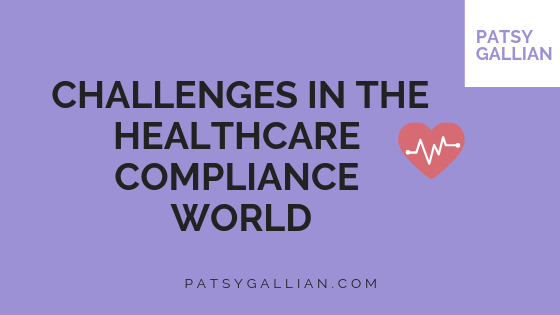The healthcare industry can be financially viable and provides crucial services to the customers said entity services. However, success in the industry often requires organizations that participate in it to meet specific compliance requirements. This brief blog examines what some of those mandates are.
Remaining Current On The Latest Healthcare Laws
Numerous laws exist, which are designed to regulate certain aspects of the industry. That said, these provisions are often subject to frequent changes. Healthcare entities that fail to be in compliance with said amendments could have serious financial and legal repercussions.
Protecting Sensitive Patient Data
The preservation of patient data is a crucial aspect of the healthcare industry. Compromised data has the potential to cost healthcare provider and patients millions of dollars. With such startling facts in mind, it is no surprise that regulations over data protection grow more stringent and complying with said mandates requires more manpower.
Hiring Competent Cybersecurity
Protecting against or remedying the damage caused by data breeches often requires the services of a competent cybersecurity team. Considering that cunning, white-collar fraud perpetrators often target the healthcare industry, entities existing under its umbrella need to spend more time and effort identifying and retaining the services of cybersecurity officials possessing the skills needed to prevent such malfeasance from occurring.
Converting To Electronic Records
Recent industry regulations mandated that all healthcare entities keep adequate electronic records. Executing this requirement often requires significant technological upgrades and an increased use of manpower.
Undergoing Various Financial Audits
Many healthcare entities are required to submit to voluntary financial audits by independent examiners. These events are designed to determine if the entity in question is operating in compliance with specific financial regulations and potentially identify fraudulent or other criminal activities.
Becoming Familiar With Changing Tax Laws
Newly amended tax codes might impose a significant financial burden on various healthcare entities. Additionally, said provisions might require specific companies and organizations to alter the way certain taxes are reported and paid.
Introducing New Technologies
Technological advancements have exerted a positive influence over the healthcare industry. The latest computerized systems might ensure that tasks like disseminating information, providing patient care and remitting payments are performed with greater speed and efficiency. That said, employing such technology could come at a significant financial cost and manpower usage.
